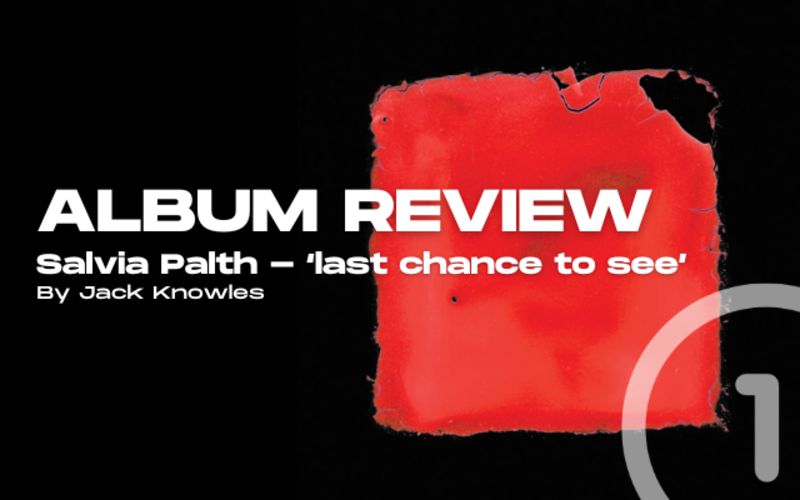How do you reconcile art you made eleven years ago with the person you are today? Abel Tasman-born bedroom pop artist Salvia Palth shows us the way on last chance to see, their eons-awaited follow up to 2013 debut melanchole.
While said debut is full to the brim of fifteen-year old angst, insecurity, and a healthy dose of Phil Elverum and Mount Eerie worship, there is an overwhelming authenticity to it. An insistence, when you listen, that these are real feelings being felt. Perhaps it is understandable why multiple generations of sad teenagers have treated it as gospel, and why Salvia Palth is a name you hear whispered next to bedroom pop icons, your teen suicides and your Elvis Depressedlys.
However, when you're in your late twenties, sadness feels markedly different to how it felt when you were fifteen. It has sat with you for a decade or more, and the immediacy of it has waned. Teenage sweethearts are no longer the central source of pain in your life, for one. It would have been easy for Salvia Palth to follow up with more of the same, but it wouldn't have been authentic.
Instead, on last chance to see, everything has grown. The instrumental palette, the emotional palette, the person. Rather than being rigidly defined by a genre, or an emotion, this album is an exploration of a decade of new influences and experiences. There is still the same emotional haze, the same airy bedroom pop production, but there are instrumental hints all over that suggest a much wider pool of influences – the programmed drums on 'you wouldn't ask a fire to stop', for example, have a hint of hip-hop to them.
It is a fantastic work of growth for a New Zealand artist that has been as elusive as they are successful. It invites many fans who put the debut on a pedestal to grow with the artist, to move on from all-consuming teenage emotion, but without a hint of judgement. Hopefully it won't be our last chance to see what they have to offer.




 Live stream
Live stream






